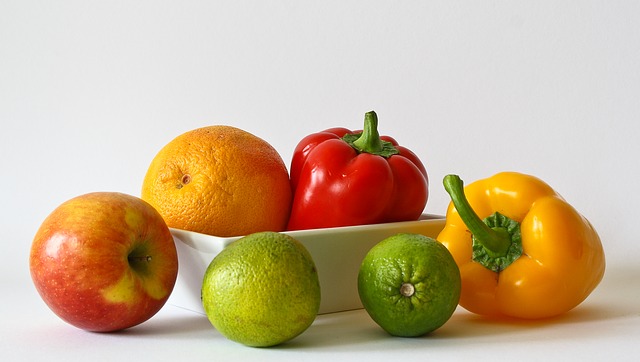Terphane-Origin Materials films agreement to help food and beverage applications

Terphane and Origin Materials have entered into a strategic partnership to produce sustainable, high-performance bio-polymer films.
As part of the partnership, Terphane signed a reservation agreement to purchase the advanced bio-polymer PEF for use in film applications, including food and beverage packaging.
BOPEF is biaxially oriented PEF, and BOPET is biaxially oriented PET. These stretched polymer films are valued for their strength, transparency, barrier properties, and electrical insulation.
“We are pleased to partner with Terphane, a trusted global leader in films with expansive customer and partner relationships,” said Rich Riley, Co-CEO of Origin Materials. “We are thrilled to work together to develop advanced, performance-enhanced products that help to enable a net zero material economy. This partnership represents further progress in Origin’s mission to enable the world’s transition to sustainable materials.”
According to Marcos Vieira, global director of R&D for Terphane, the development of this film will be critical to meet global demand for sustainable flexible packaging.
“The film is partially made from PEF and has all the traditional properties of a regular PET film, including post-consumption recycling. In addition, PEF provides an excellent thermal resistance and superior barrier performance, extending the shelf life of the packaged products,” Vieira says.
He adds that initial tests in the U.S. proved the material works perfectly in extrusion lines.
Origin Materials’ patented technology platform represents a potential breakthrough in the commercialisation of cost-competitive and low-carbon PEF.
Made from furandicarboxylic acid (FDCA), the primary precursor to PEF, Origin PEF is a polymer with an attractive combination of sustainability and performance characteristics for packaging including enhanced barrier properties.
Origin’s PEF is expected to be 100% plant-based, fully recyclable, have attractive unit economics, and to offer a significantly reduced carbon footprint, with superior strength, thermal properties, and barrier properties compared to today’s widely used petroleum-based materials.
